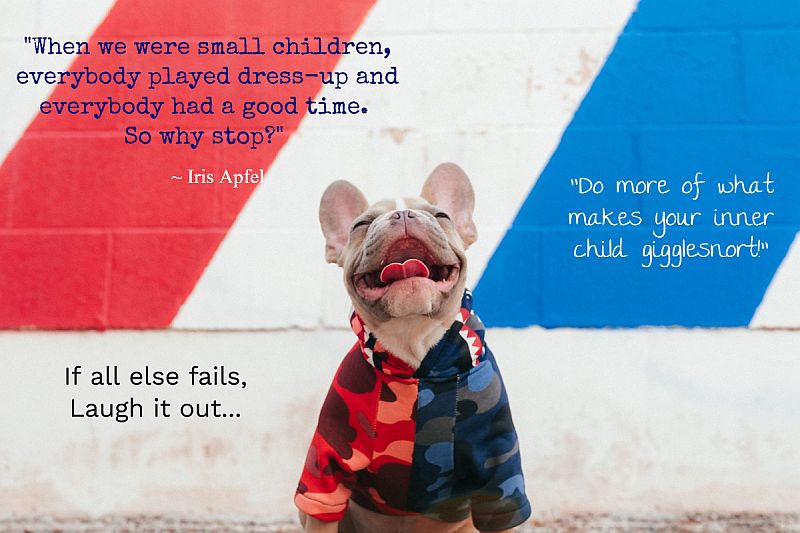by Vital Shpakouski
The job market these days is as competitive as a crowded subway during rush hour. It can be difficult to stand out and get a good job. But don’t worry – you have the opportunity to make yourself a prime candidate. In this article, we’ll talk about five simple and effective ways to do this.
Professional development
One of the first steps is to work on improving your skills. Here’s how you can do it:
- Identifying in-demand skills. You need to find out what’s hot in the job market right now. Do some research to find out what skills are in demand in your desired field. This will give you an edge.
- Taking relevant courses and earn certifications. You can then take up textbooks or online courses. There are tons of affordable and even free courses (Coursera, Udemy, Khan Academy, etc.) where everyone can find something for themselves. And don’t forget about certifications.
- Building a portfolio. Learning is one thing, but showing what you’ve learned is another. Having a portfolio that showcases your work is key. Potential employers love to see what you can do, and a well-organized portfolio speaks volumes.
- Networking for hands-on experience. Networking with people in your industry can open doors to internships, freelance work, or volunteering. This real-world experience not only enhances your skills, but also allows you to make valuable connections.
Developing soft skills
Beyond technical knowledge, soft skills are the hidden gems that can make you stand out in the job market. You can hone these skills in the following ways:
- Communication skills: Work on your ability to articulate clearly, listen actively, and adapt your communication style to different audiences.
- Teamwork and collaboration: Learn to work harmoniously with colleagues, contribute to group work, and resolve conflicts constructively.
- Adaptation and problem solving: Nurture your ability to adapt so that you can overcome change with ease. Problem-solving skills will also help you to be creative in solving problems.
- Leadership and time management: Develop the ability to motivate and guide others. In addition, effective time management will help you stay organized and productive.
Once you master these skills, you will be invaluable to any employer on Jooble and nay other platform for job searching.
Building a strong online presence
Having a strong online presence is essential for career success today. Start by polishing your online profiles, such as LinkedIn, and make sure they reflect your skills and aspirations in a professional light. Plus, LinkedIn is a goldmine of professional contacts. Utilize other platforms such as Twitter or industry forums as well.
Showcase your expertise on blogs and social media to establish yourself as a thought leader in your field and catch the attention of employers looking for experts. Connect with influencers and professionals in your field to expand your network and stay abreast of industry trends and opportunities.
Resume and interview preparation
Craft your resume individually for each employer. Highlight relevant skills and experience, and ensure it is well organized and error-free. Instead of simply listing job duties, emphasize your accomplishments and results. Numbers and quantifiable achievements catch the attention of recruiters.
Be prepared to answer typical interview questions with confidence. Practice answers that demonstrate your skills and experience. In addition, Improve your interviewing skills by practicing with a friend or recording mock interviews. Pay attention to your body language, tone, and ability to convey your enthusiasm for the role.
Networking and mentoring
Actively network with professionals in your field at industry events, seminars, and online platforms. A wide network can open doors to a variety of opportunities.
Next, find experienced professionals in your field who can provide valuable guidance and advice. A mentor can provide direction, share their knowledge, and help navigate the complexities of the industry.
Also, attend industry events and conferences: This not only expands your knowledge but also gives you the opportunity to meet potential mentors and colleagues
Conclusion
In a competitive job market, self-improvement is the key to getting a coveted position. But remember that the journey of self-improvement is continuous. Take each step, adapt to changes in the labor market, and continue to evolve. As a result, you will be able to find your dream job and embark on a fulfilling career path. So take action, apply these strategies, and watch your career soar to new heights. Good luck!





